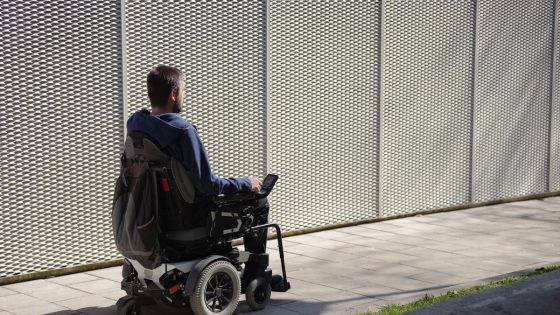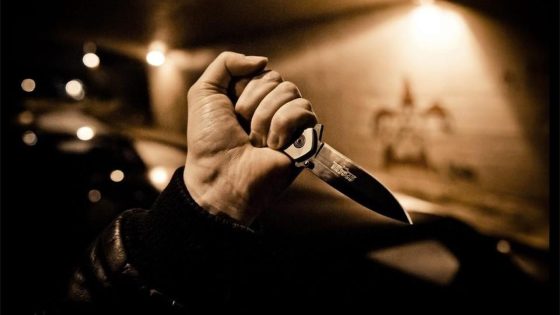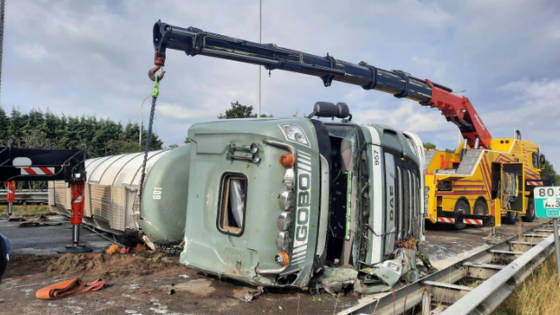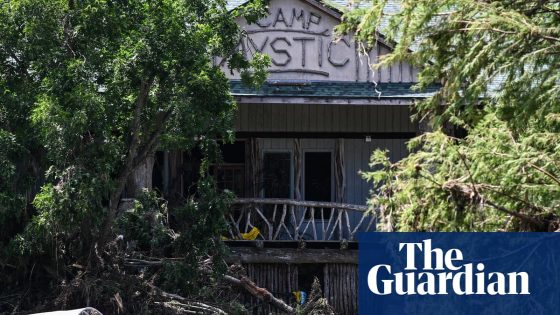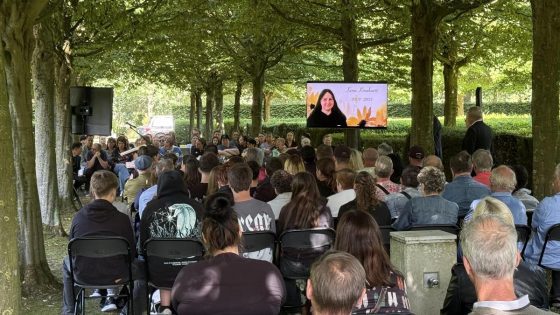The tragic story of Adam, a young man shot and paralysed in Sint-Gillis in 2010, highlights serious issues surrounding victim compensation and justice in Belgium. On 7 September 2010 at 22.46, Adam was caught in a violent gang shooting near his home, resulting in lifelong paralysis. Despite convictions, he has received only a fraction of the damages sought, raising questions about the effectiveness of Belgium’s legal and financial support systems.
- Adam raakt levenslang verlamd door schietpartij
- Advocaat eist 7,2 miljoen euro schadevergoeding
- Georgische daders blijken financieel insolvent te zijn
- FOD Financiën legt hoge registratierechten op
- Adam voelt zich in de steek gelaten
- Advocaat overweegt Grondwettelijk Hof te benaderen
Adam’s case reveals the harsh reality faced by many victims: inadequate compensation and overwhelming care costs. His family struggles with the financial and emotional burden, compounded by the Federal Public Service Finance’s demand for registration fees and penalties on a theoretical compensation amount Adam will never see. How fair is it to tax someone on money they will never receive? And what does this say about Belgium’s commitment to supporting victims?
With the clock ticking towards 2025-07-23 19:44:00, Adam’s lawyer considers escalating the matter to the Constitutional Court, challenging the system that penalises victims further. This ongoing battle sheds light on the need for reform and compassion in Belgium’s justice and tax policies for crime victims.
What does Adam’s case reveal about victim rights and state responsibilities? It raises critical concerns about fairness and systemic gaps:
- Victims often receive insufficient compensation despite court rulings.
- Financial burdens from care and adaptations fall heavily on families.
- Tax authorities may impose fees on theoretical amounts, worsening victim hardship.
- Legal avenues remain limited, pushing for constitutional challenges.
As Adam’s fight continues, it prompts a call to action for policymakers and the public: how can Belgium better protect and support victims? Greater awareness and reform are essential to ensure justice truly serves those most affected.



